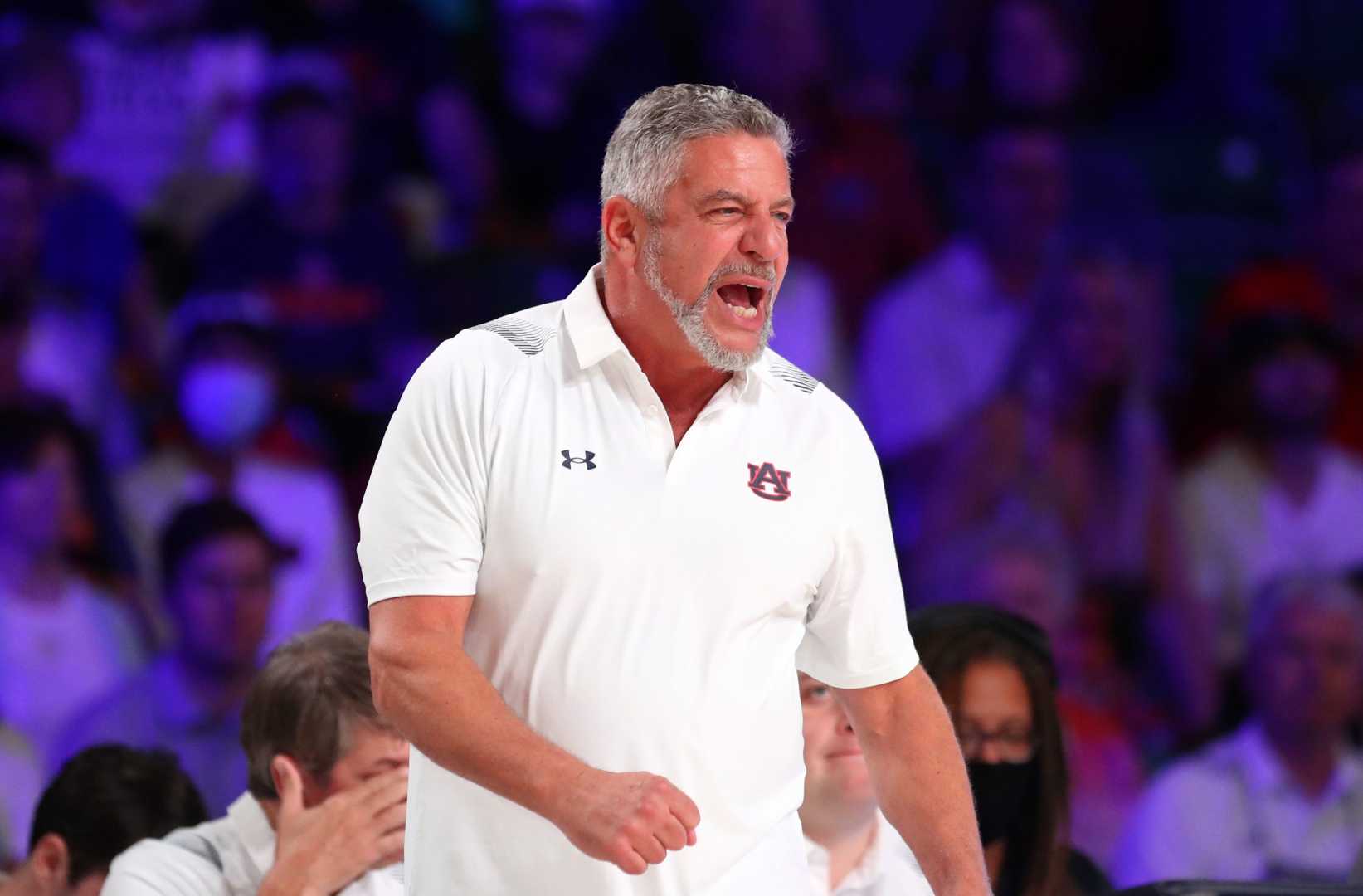Sports
Bruce Pearl’s Redemption Journey: Legacy, Controversy, and Auburn’s Elite Eight Showdown

ATLANTA, Ga. — Bruce Pearl‘s coaching career has been a rollercoaster ride, marked by significant achievements and notable controversies. The Auburn Tigers head coach, who has never played high school or college basketball, has amassed a remarkable record of 242-122 (.665) since taking the helm in March 2014. However, as the Tigers prepare to face the Michigan State Spartans in the Elite Eight, Pearl’s past with the Tennessee Volunteers looms large.
From 2005 to 2011, Pearl led the Volunteers to the NCAA Tournament in each of his six seasons. His tenure saw Tennessee achieve its first No. 1 ranking in 2008 and secure a spot in the NCAA tournament’s regional finals. Nonetheless, his success was overshadowed by scandal, resulting in his firing due to recruiting violations that marred his career.
The issues began when Bruce Pearl hosted high school recruit Aaron Craft and his family for an unofficial visit. According to NCAA regulations, such visits prohibit recruits from meeting with head coaches in their homes. Pearl not only violated that rule but also urged attendees not to discuss the cookout during the ensuing NCAA investigation. In 2010, Pearl admitted to lying during the inquiry and even attempted to persuade Craft’s father to do the same.
As a result of his actions, the NCAA imposed significant sanctions on Pearl, including a three-year show-cause penalty. In addition, the University of Tennessee reduced his salary by $1.5 million and suspended him for eight games at the start of the 2010-11 season. Tennessee’s athletic director Mike Hamilton stated in March 2011, “Upon receipt of our NCAA Letter of Inquiry in September, we made the difficult decision to forgo common national opinion and forge ahead with Bruce and his staff.” However, the continued fallout ultimately forced the university to dismiss him.
Despite this setback, Pearl’s coaching journey began over two decades ago as an assistant under Tom Davis at Stanford and Boston College. He later followed Davis to Iowa, where he honed his skills before head coaching stints at Southern Indiana. Leading the Screaming Eagles to a 22-7 record in his first season and capturing the Division II National Championship in 1995 earned him national attention and coaching accolades.
Before arriving at Tennessee, Pearl made waves at Wisconsin-Milwaukee, leading the team to the Sweet 16 and earning four SEC Coach of the Year awards. His early successes laid a robust foundation for his eventual return to top-tier coaching at Auburn.
As the Tigers aim for a spot in the Final Four, the question remains: Did Bruce Pearl’s past mistakes tarnish his legacy, or does he still reign as a coaching legend? While fans celebrate his achievements in the SEC, the complexities of his journey highlight the duality of triumph and moral responsibility within collegiate athletics.












